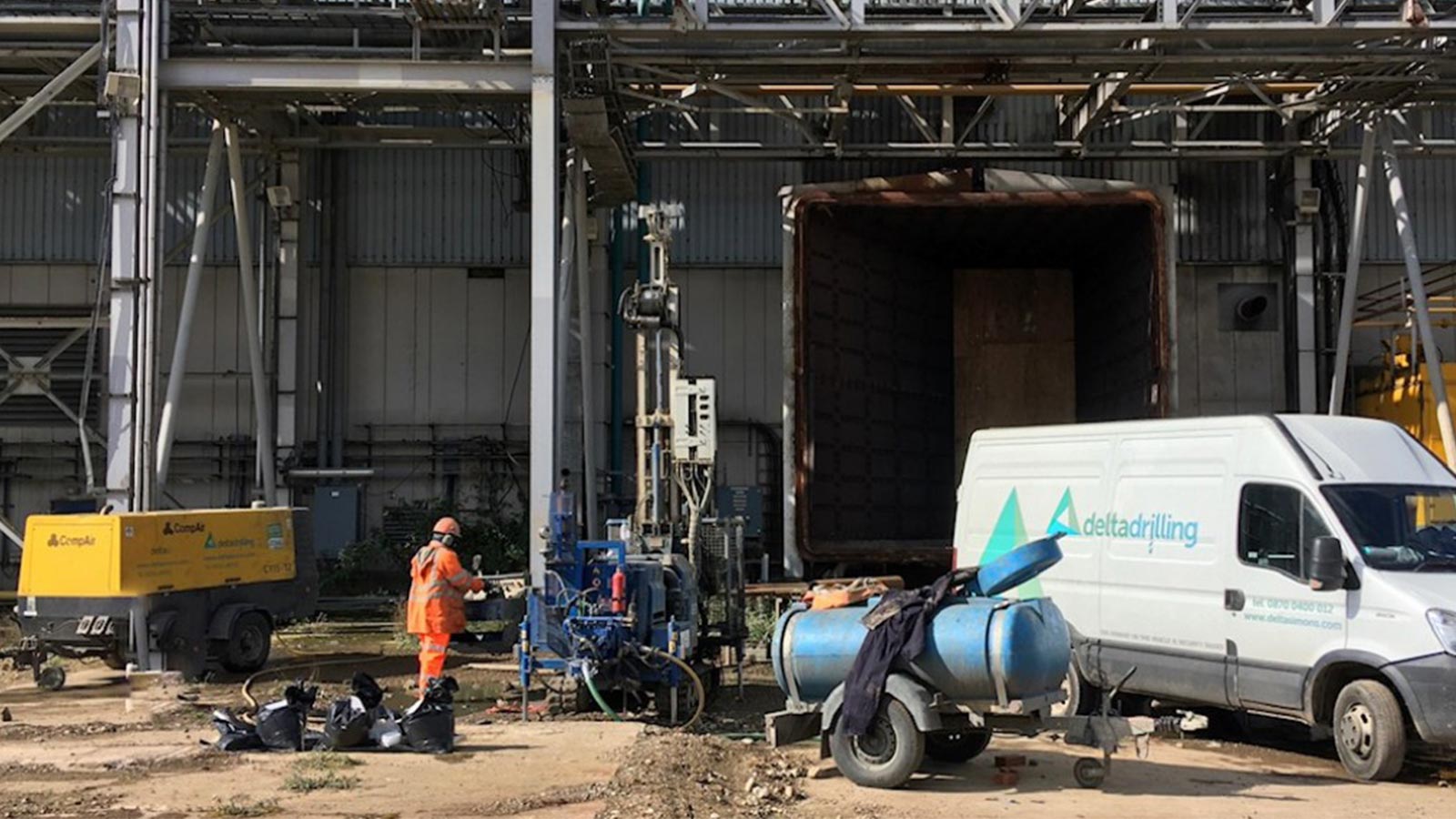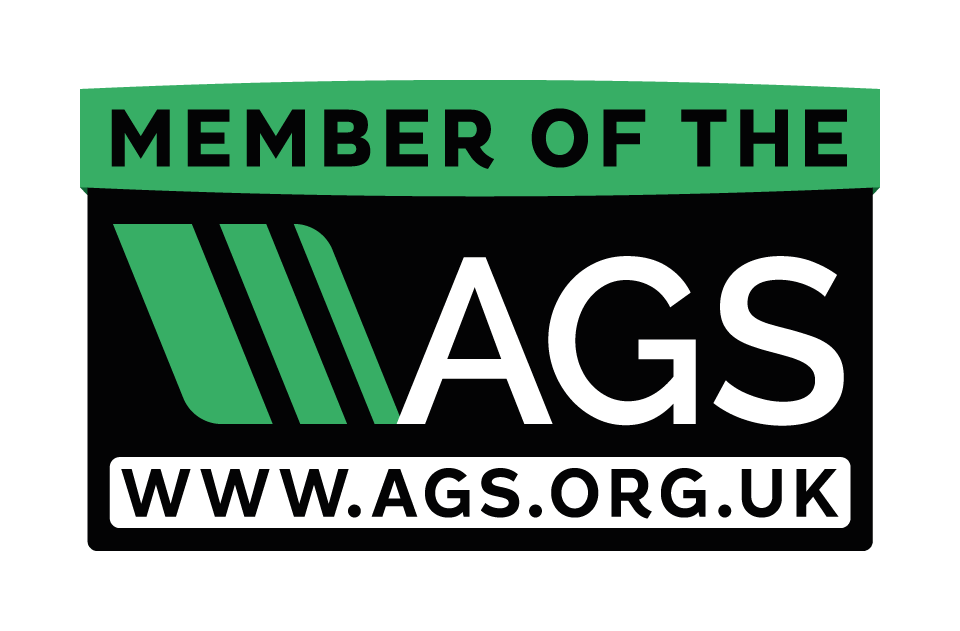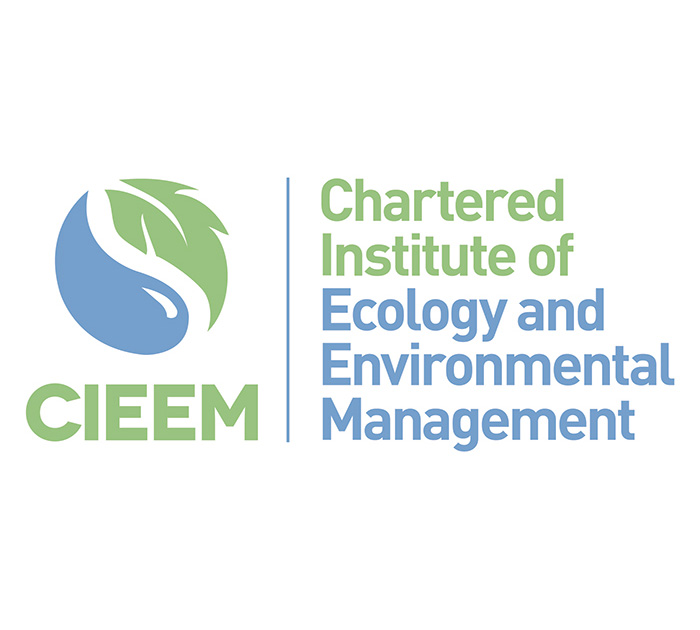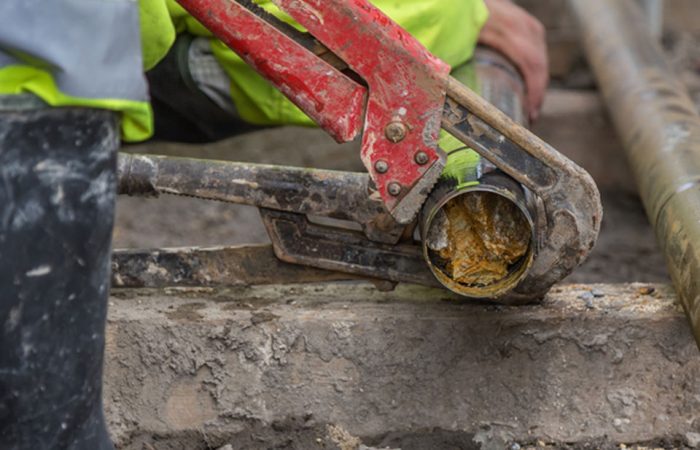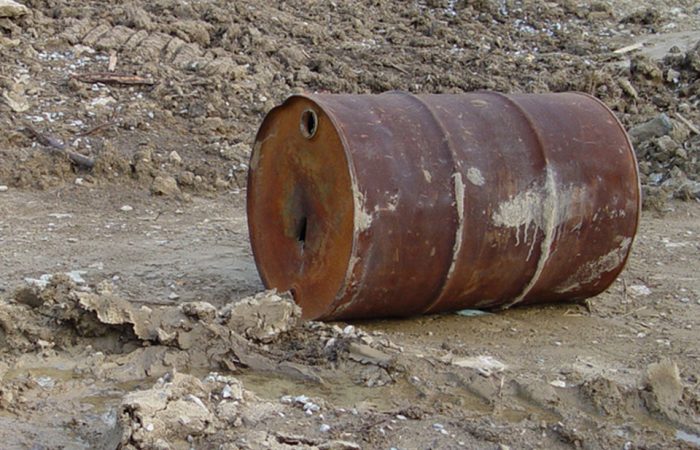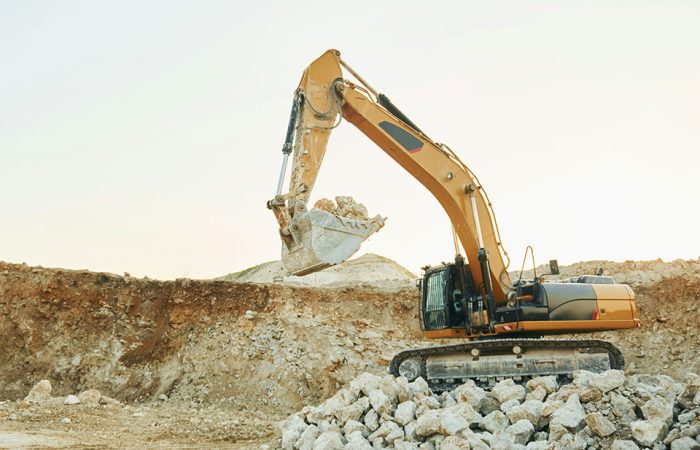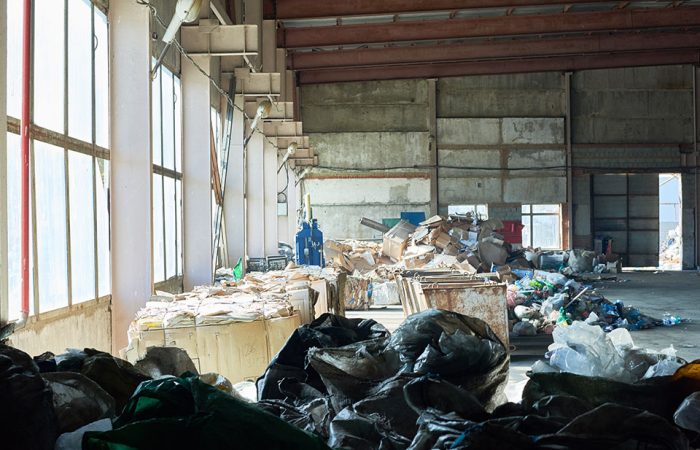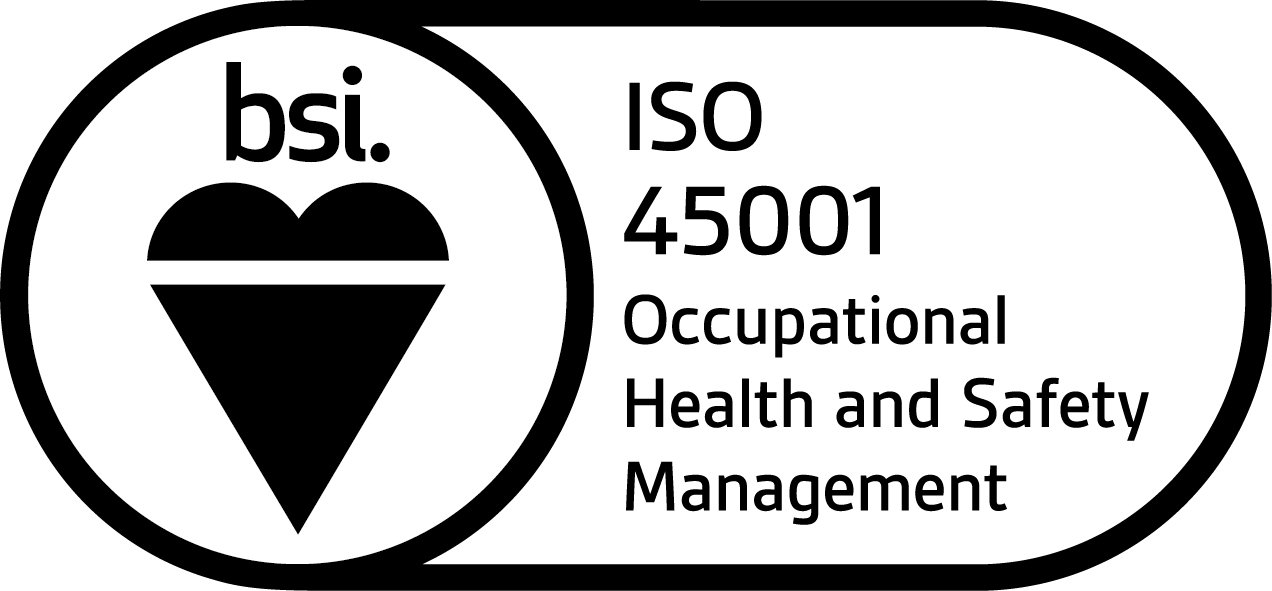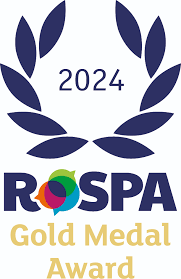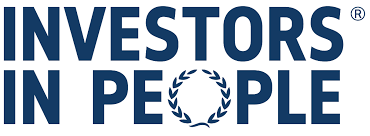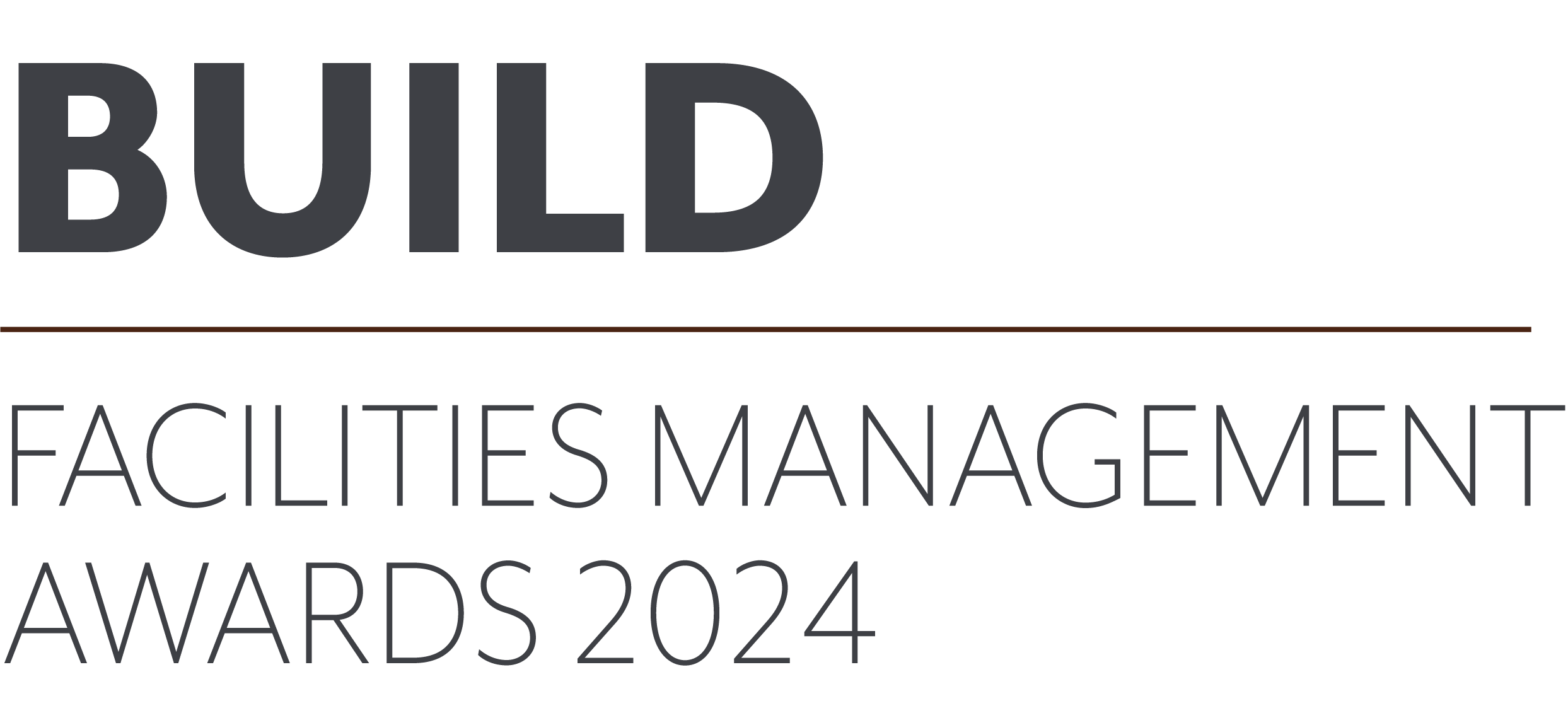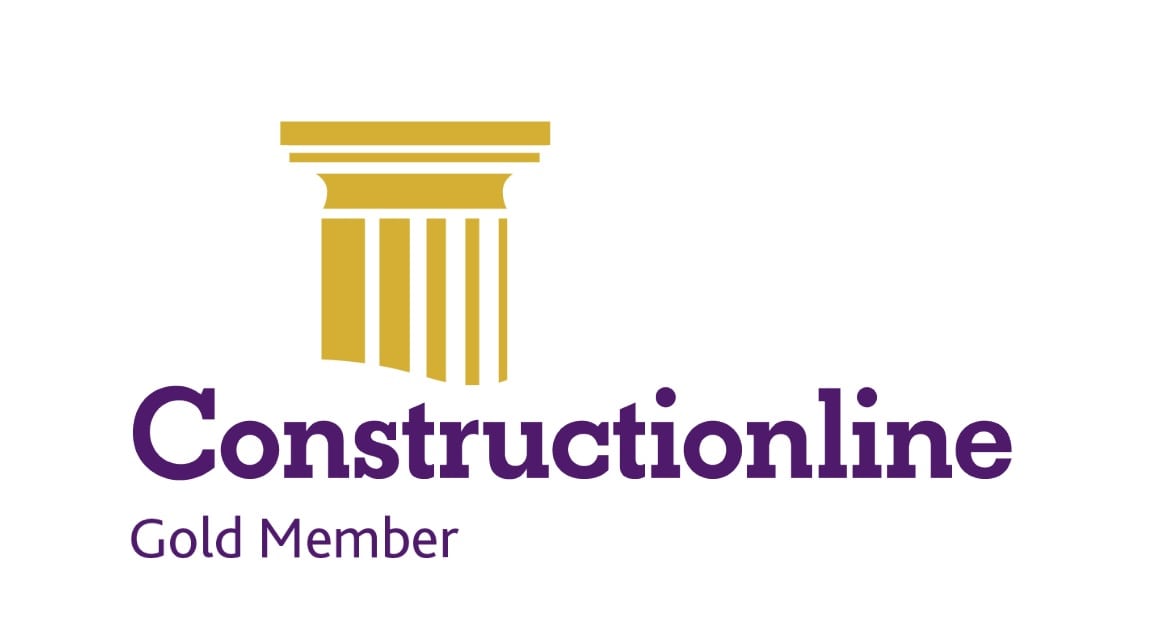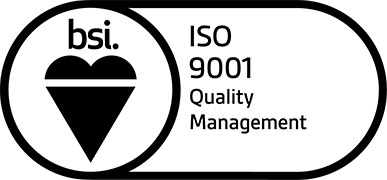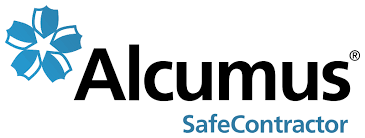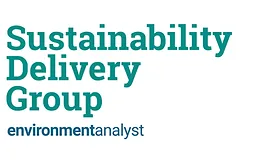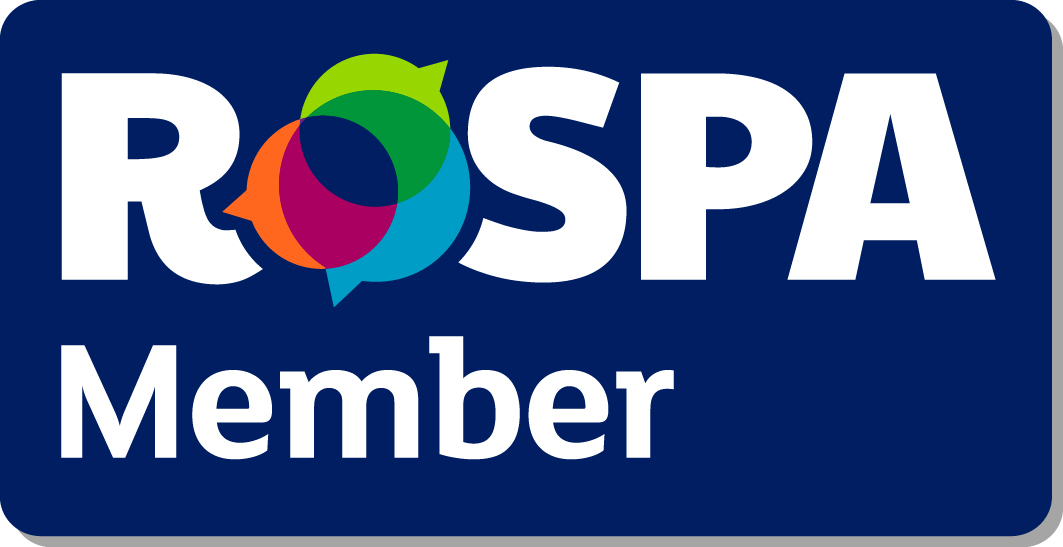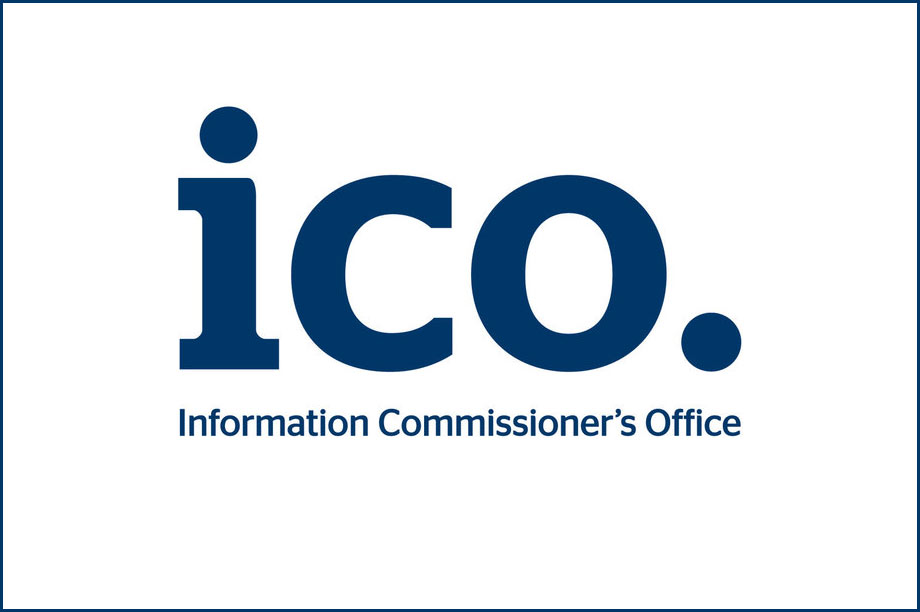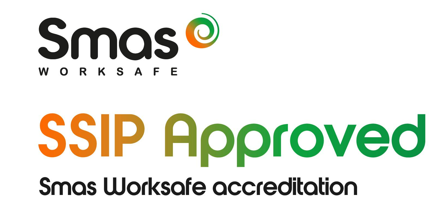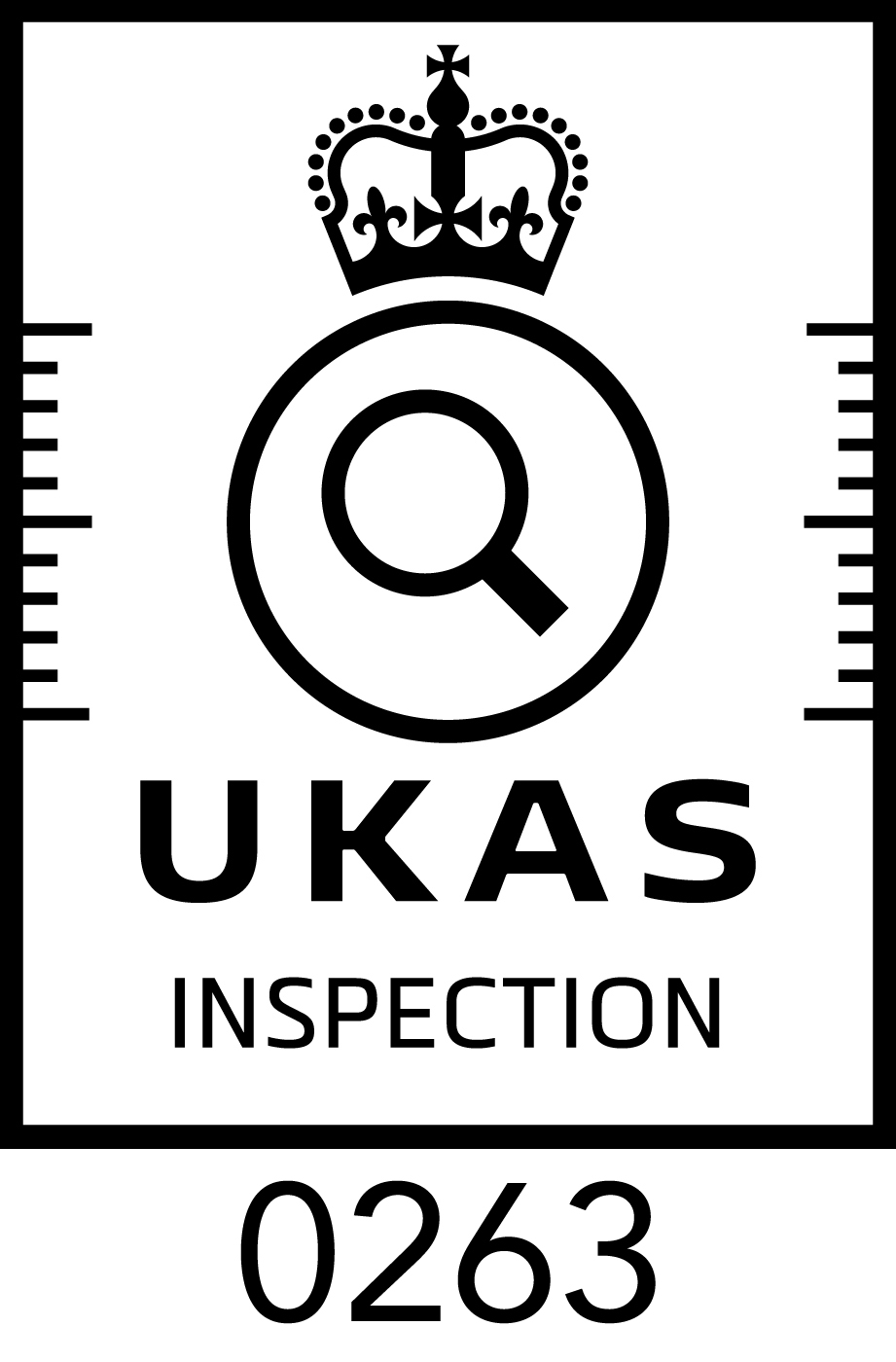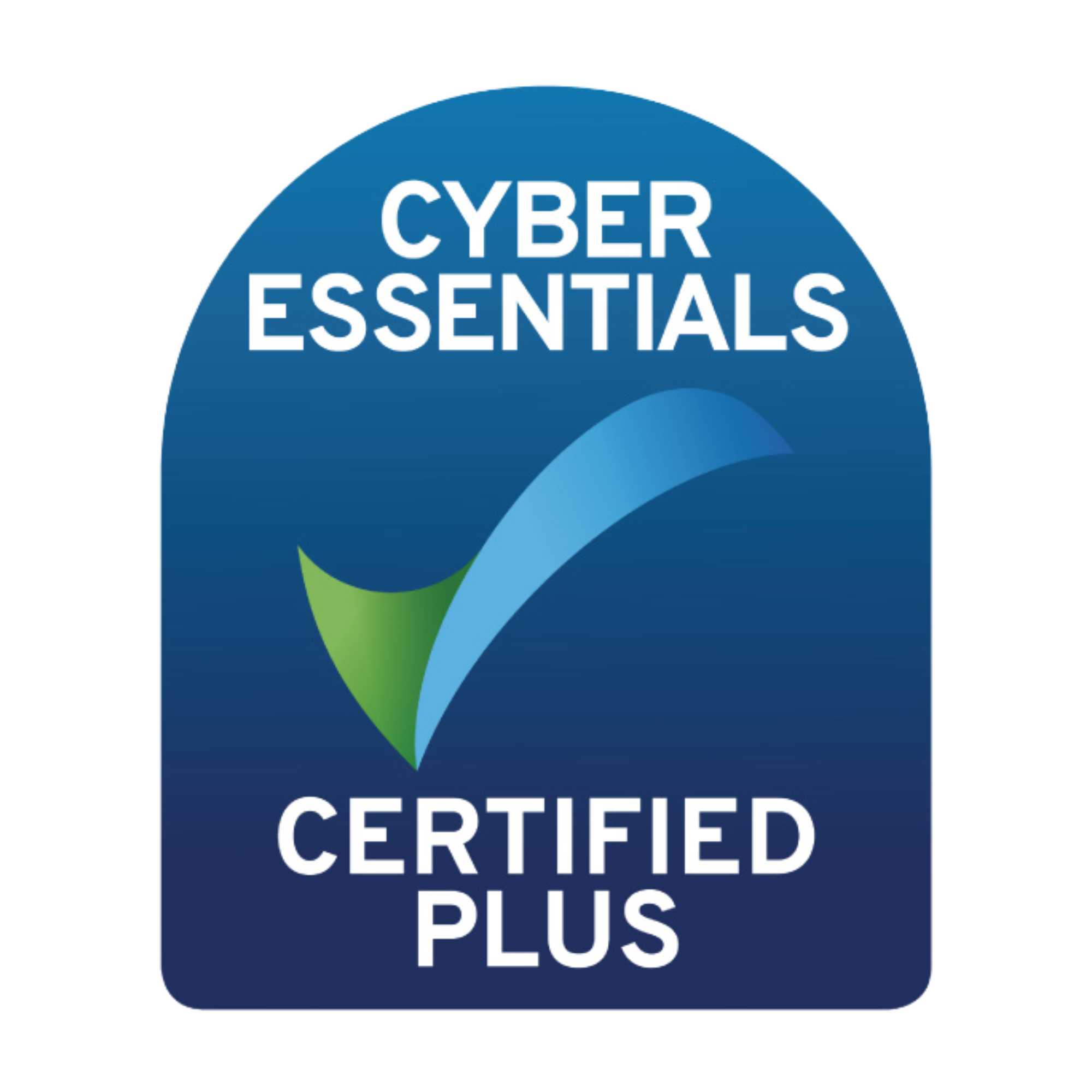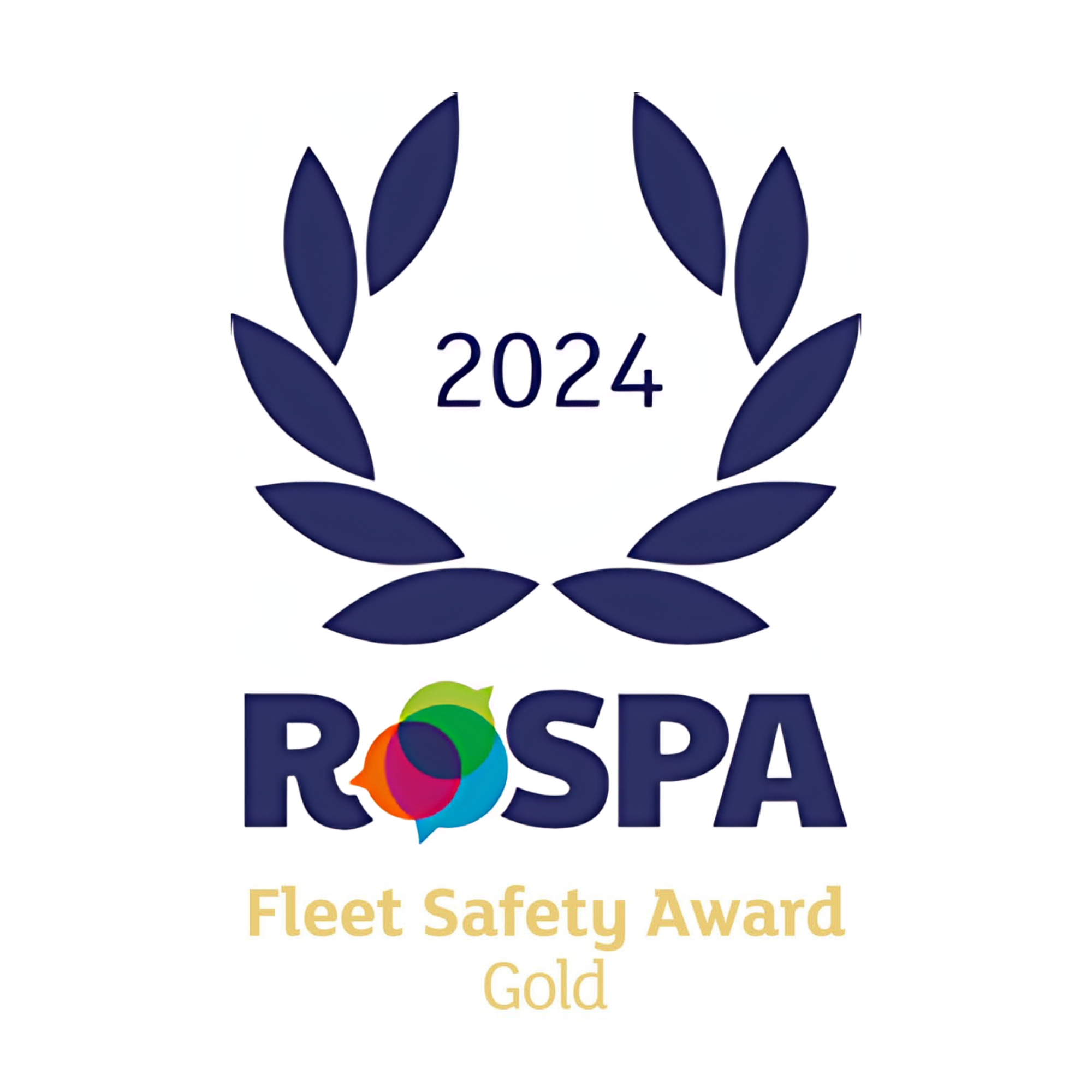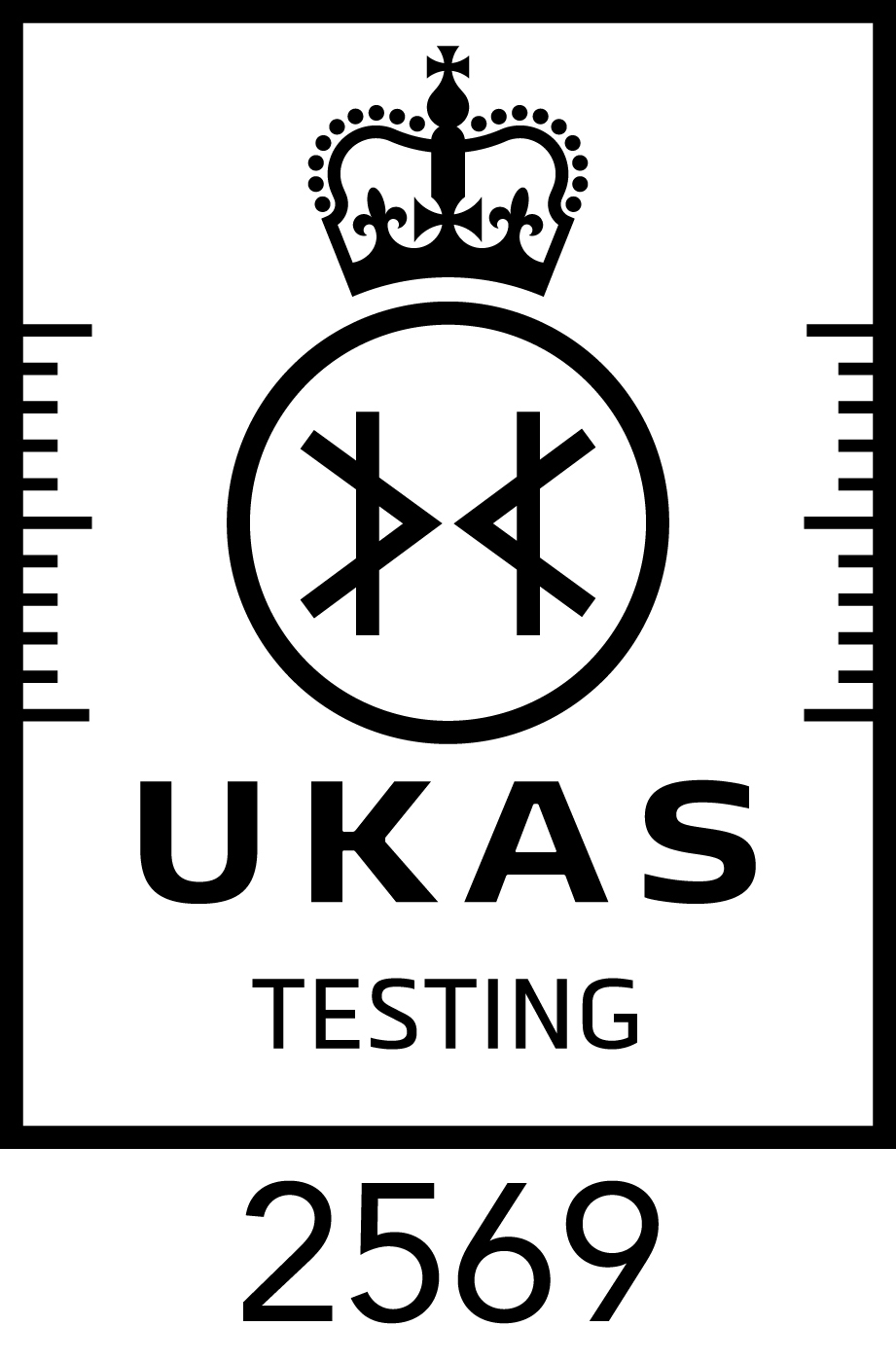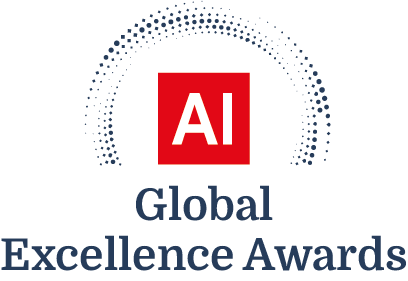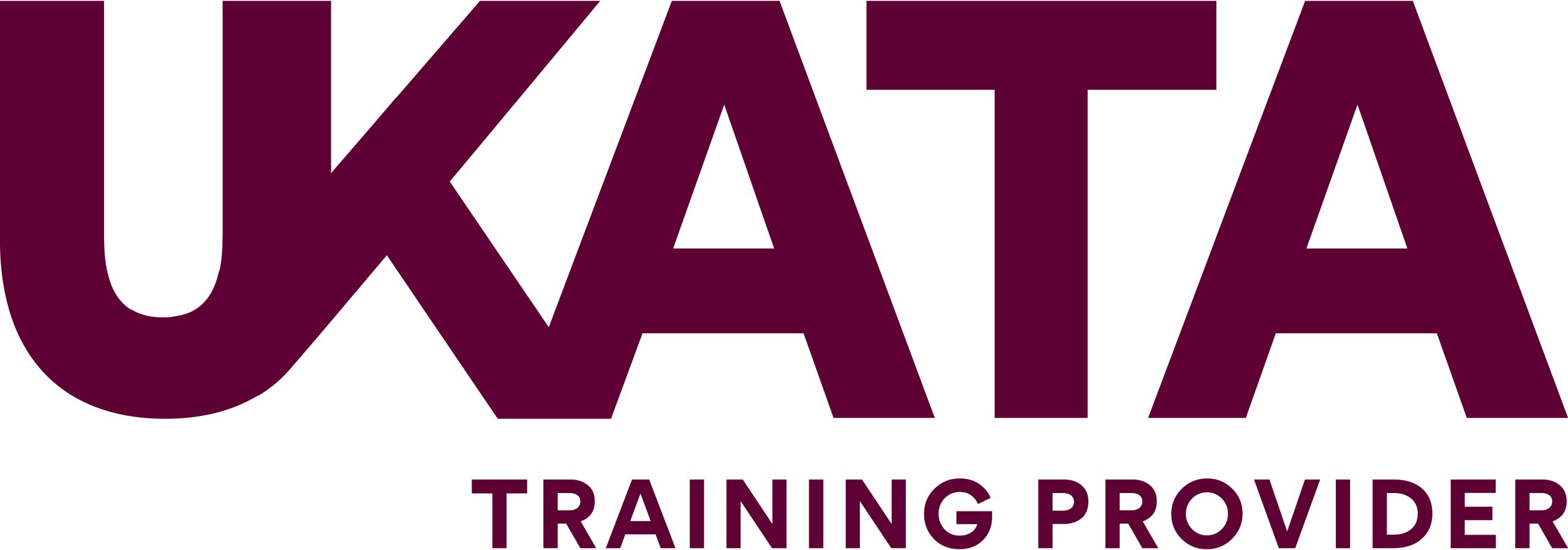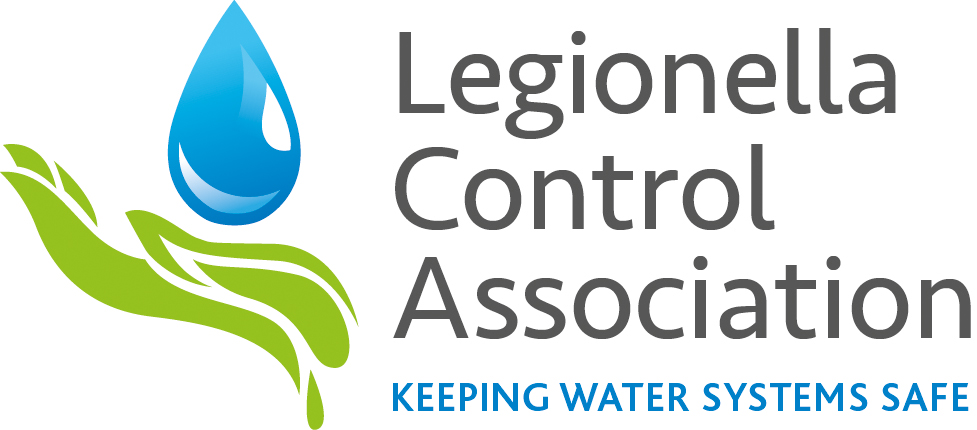As a property owner, developer, or environmental manager, you understand the importance of protecting groundwater resources and managing the risks associated with potential contamination. Lucion’s expert groundwater assessment services provide a comprehensive evaluation of the potential risks and liabilities associated with groundwater, enabling informed decision-making and effective risk management.
Groundwater is a vital resource that requires careful management and protection. Contamination of groundwater can pose significant risks to human health, the environment, and water supplies.
Employing a range of techniques, we characterise groundwater conditions, identify potential contamination sources, and assess the associated risks. Our assessments may include desk studies, site investigations, borehole drilling, well installation, hydraulic testing, and groundwater sampling and analysis.
We develop detailed conceptual models of the groundwater system and any contamination present, providing a clear understanding of the hydrogeological setting, contaminant fate and transport, and potential receptors at risk. Tailored to the specific needs and context of each project, our assessments span initial due diligence and planning to post-completion verification and monitoring.
Our groundwater assessment services include:
Groundwater Risk Assessments
We conduct comprehensive risk assessments to evaluate the potential impacts of contamination on groundwater resources and dependent receptors. Our tiered approach, from preliminary screening to detailed quantitative assessments, ensures that the level of investigation is proportionate to the identified risks.
In-Situ Monitoring
We design and implement in-situ monitoring programs to provide accurate, real-time data on groundwater levels, quality, and chemistry. Our monitoring solutions incorporate advanced technologies, such as data loggers and telemetry systems, to enable efficient data collection and analysis.
Sampling and Analysis
Our experienced field technicians use industry-standard sampling techniques to collect representative groundwater samples for laboratory analysis. We work with accredited laboratories to provide a full suite of analytical services, from routine monitoring to specialised testing for emerging contaminants.
Water Testing
We offer comprehensive water testing services to assess the quality and safety of groundwater and other water resources. Our accredited laboratory services cover a wide range of chemical, microbiological, and physical parameters, ensuring compliance with relevant regulations and guidelines.
Whether you are undertaking due diligence for a property transaction, planning a new development, or managing an existing site, Lucion’s groundwater assessment services are tailored to your specific requirements. We provide you with the data, insights, and recommendations you need to make informed decisions and develop effective risk management strategies.



